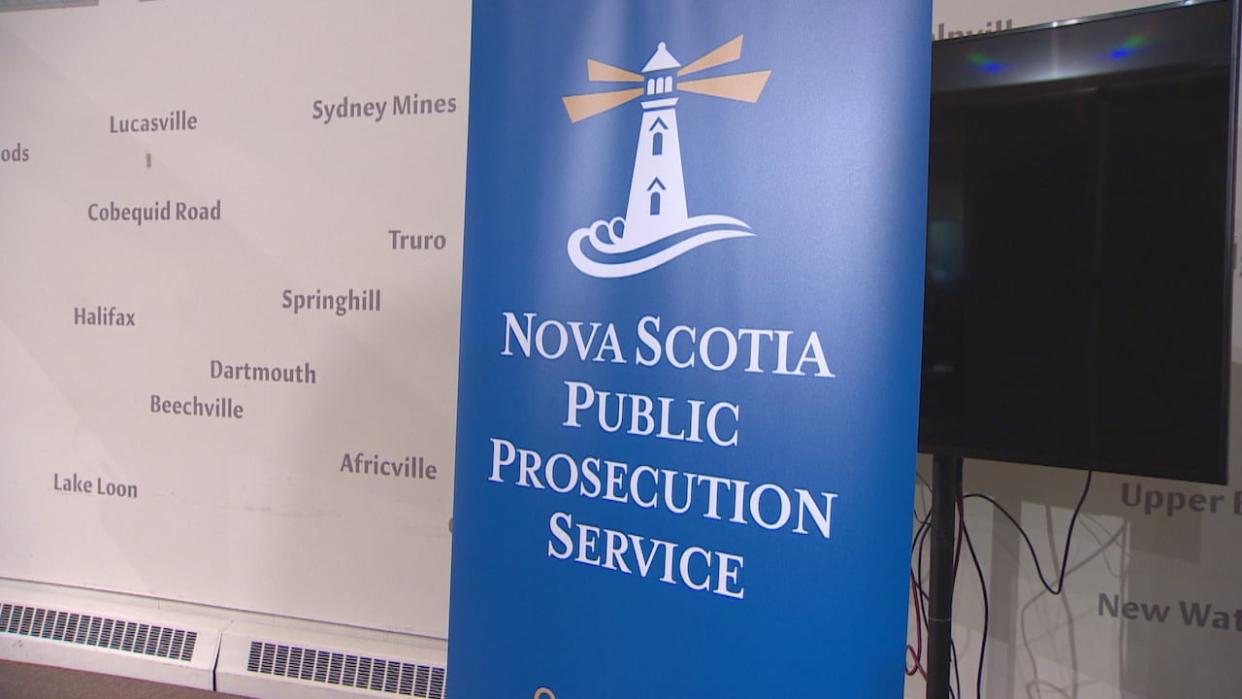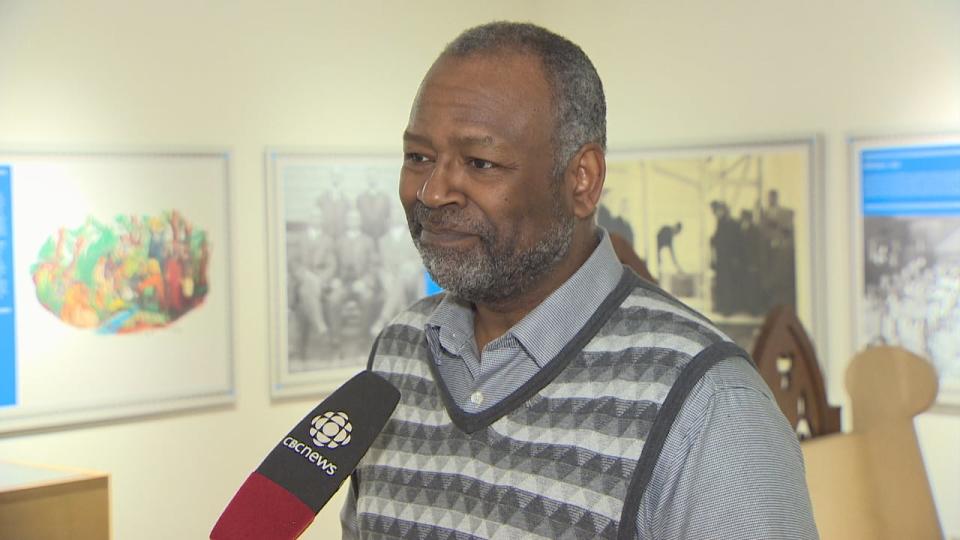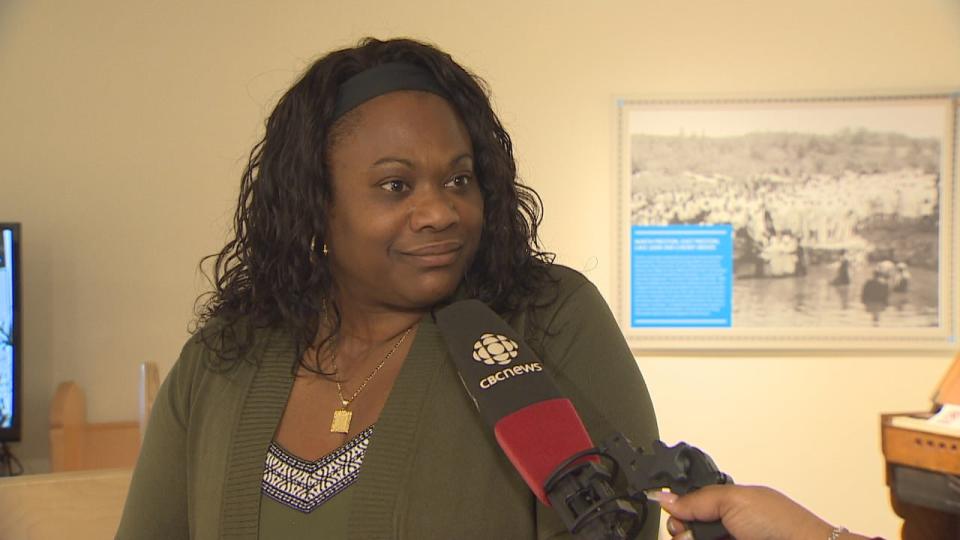New policy launched to improve treatment of Black Nova Scotians in justice system

The Nova Scotia Public Prosecution Service (PPS) has launched a new policy designed to improve the treatment of Black Nova Scotians in the justice system.
"The policy itself is words, what we need behind it is action," said PPS acting director, Rick Woodburn, at a launch event for the new Fair Treatment of African Nova Scotians and People of African Descent Involved in Criminal Prosecutions policy, held at the Black Cultural Centre in Cherry Brook.
"Action in the court room, training by our people. It's a living document so it's going to change as the community changes, change as we get community input, it'll be able to change with the times."
A release from the PPS states the policy was designed in response to the overrepresentation of African Nova Scotians and people of African descent in the criminal justice system.
"It takes Crown attorneys through every step of a prosecution, beginning with pre-charge advice to
police," states the release.
"When an accused person is identified as African Nova Scotian or a person of African descent, the Crown will review police disclosure for issues of racism and discrimination."
If charges are laid, the policy will be applied at every step of the process from the arraignment through to sentencing, if applicable.
While it will officially be implemented on Feb. 29, Woodburn said a form of the policy has been in place for a while. He said there will be training for all PPS employees, including scenario-based discussions for Crown attorneys to help reinforce cultural considerations in the decision making at every stage of the court process.
"With the justice referral system, we hope to stop that cycle of incarceration," Woodburn told CBC News.
"At the bail hearing, hopefully we get them into the community and instead of being remanded, at sentencing we're hoping that the cultural differences and the realities of their situation will come to light and ... possibly help with rehabilitation, and if there is incarceration, we'll be taking a close look at that."
Woodburn acknowledged the policy would come with challenges, but said he's confident it will provide a path to improve the status quo.

Robert Wright is the executive director of the African Nova Scotian Justice Institute. (Brian MacKay/CBC)
Robert Wright, executive director of the African Nova Scotian Justice Institute, said the policy was a long time coming.
He, along with dozens of other Black leaders helped inform the policy. He said he hopes that real change, like drops in incarceration rates, will been seen as a result of this policy.
"Even though we celebrate the policy, we would not be here today but for the struggle of Black people in this province so this is just a victory in this struggle but the struggle will continue," Wright said.

Loretta Beals, a resident of the Preston Township, said she felt the Nova Scotia Public Prosecution Service presentation came across as sincere, but that a new policy means nothing without action. (Brian MacKay/CBC)
Loretta Beals from the Preston Township said she felt hesitant to come to the announcement. But she said Woodburn came across as sincere.
"The policy is only going to make a difference if they use it, so let's be honest. We can make all the policies they want, but if they're not going to action them ... what is the point? They're only going to work if Crown prosecutors take the time to have the conversations," Beals told CBC News.
For more stories about the experiences of Black Canadians — from anti-Black racism to success stories within the Black community — check out Being Black in Canada, a CBC project Black Canadians can be proud of. You can read more stories here.

(CBC)
MORE TOP STORIES


